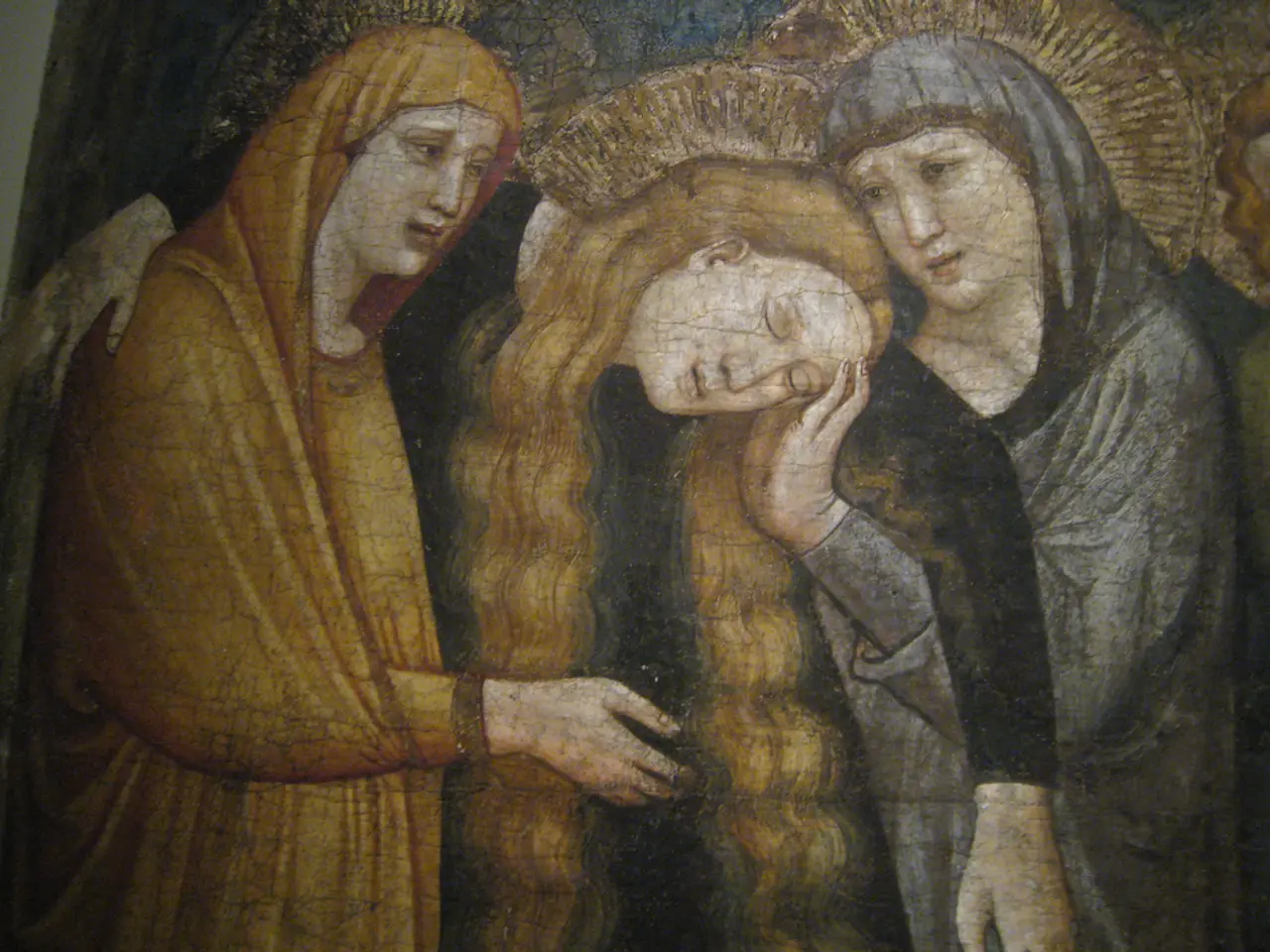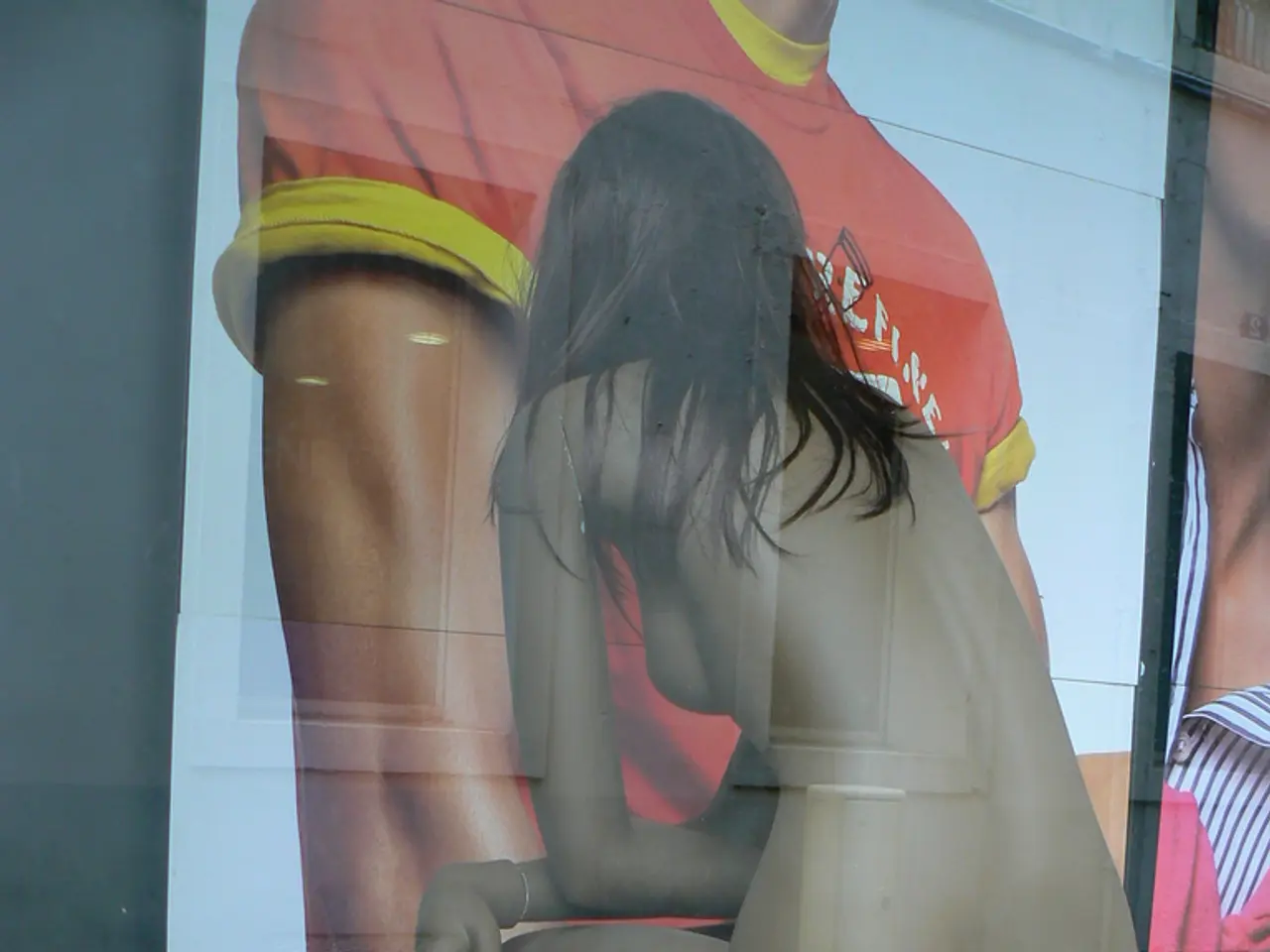ElHotzo, the German meme-maker, declared not guilty of criminal charges
In a landmark case that sparked debates about freedom of speech and the limits of humor, German comedian El Hotzo, also known as Sebastian Hotz, was acquitted in a trial that centered around a meme he posted about the attempted assassination of then US presidential candidate Donald Trump.
The trial, held on Thursday, July 24, 2025, in the Tiergarten District Court, was instigated by around 50 people who filed charges against El Hotzo. The charges were based on Section 140 of the German criminal code, which prohibits condoning crimes.
The meme in question, posted by El Hotzo around one year ago, in July 2024, compared Trump to the last bus home with a caption that read "leider knapp verpasst" - or, "sadly just missed." The comedian also made other statements that could be read as condoning the assassination attempt, such as "I love it when fascists die" and "absolutely fantastic when fascists die."
However, during the trial, El Hotzo argued that his statements were meant as satire, a form of humor often protected under freedom of speech laws. The judge found El Hotzo's arguments convincing and acquitted him of all charges.
The controversy surrounding El Hotzo's posts received significant public attention, with debates about the line between satire and illegal incitement or endorsement of violence. The case has become a focal point for controversies about justice, political discourse, and social media conduct in Germany.
Elon Musk, the CEO of Tesla and SpaceX, even tweeted at then-German Chancellor Olaf Scholz to express outrage over El Hotzo's posts. Despite the public outcry, the court's decision maintains the importance of protecting free expression, especially in satire and comedy, while upholding laws against promoting or condoning violence.
El Hotzo's statement to the court was humorous, including jokes about Germany's bad humor and bad fascists. The posts were deleted shortly after they were posted, indicating that the comedian may have recognised the potential controversy they would cause.
The acquittal of El Hotzo serves as a reminder of the ongoing tension between protecting free expression and upholding laws against promoting or condoning violence, particularly in politically sensitive situations. The case highlights the challenges in navigating humorous commentary relating to high-profile political violence and the need for a nuanced understanding of satire and its role in society.
The controversy surrounding El Hotzo's posts on social media sparked debates about humor and satire, with the case becoming a focal point for discussions on justice, political discourse, and social media conduct in Germany. As a result of his acquittal, El Hotzo's statement serves as a reminder of the ongoing tension between protecting free expression and upholding laws against promoting or condoning violence, especially when it comes to high-profile political events such as crime-and-justice situations or general-news events with significant public attention.







